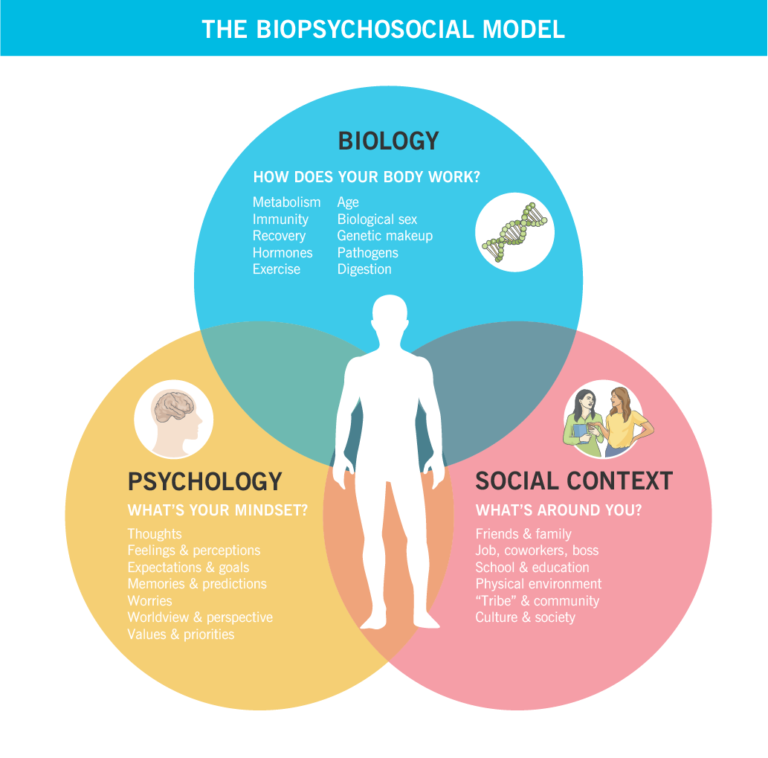Ladies, when was the last time you evaluated your relationship with food?
We often critique and judge our bodies based on how they look in the mirror, how our clothes fit, or based on a number from the scale. But when was the last time you really examined your relationship with food?
Most of my clients, myself included, have tried many types of diets and workout plans only to see results that don’t last. Not only do they not last, but any strict way of thinking about food or exercise is going to impact your relationship with your health.
I find that many people who have excelled and seen results with a specific diet or workout regimen in the past (when once life gets busy and they fall off the wagon) believe that eating or exercising that same exact way as before is the only way to achieve significant results in the future.
Have you ever thought that way?
Yes, noting where previous successes have been attained in the past can be beneficial, but I want you to acknowledge that the female body contains ever-changing sets of hormones that sometimes complement each other, and other times clash due to added metabolic factors being out of rhythm.
Is controlling our weight as simple as calories in vs. calories out?
The metabolism is made up of factors in our control and factors that are not in our control. Height, genetics, gender, and age all affect our metabolism (to simply put it) in a positive or negative way. Now I didn’t bring those up so some of us could have a pity party, but to draw a contrast to the factors you do have control over.
Weight, body composition, and hormones can be affected by your day-to-day decisions of how much you move, how you move, stress levels, sleep habits, and what + how much food you put in your mouth.
Many of the controllable factors are influenced by others and therefore can complicate the simple thought of just monitoring calories in vs. calories out mindset. Some people will see short-term success with tracking of calories and macros, but long-term success only can come with working in tandem on healthy behaviors to improve/ manage the above controllable factors.
No longer a simple game
So we’re realizing losing weight is not as simple as making a few changes to what you eat or how much you move as previously thought. Or maybe you already knew that and I’m preaching to the choir.
But beyond the research, have you ever considered how your relationship with food impacts your metabolism?
A new favorite model of mine, created by Precision Nutrition, uses the biopsychosocial perspective to look at 3 key influential factors of our relationship with food. I believe that if we obtain a better understanding of the factors at play we can feel and truly be more empowered to execute progressively healthy behaviors.

Download the “Break The Chain” Worksheet
Number 1: Biology. Long ago back in the caveman days when food was scarce, it was necessary for survival to overeat when food was abundant. That instinct once hardwired to help us survive now makes our choices harder when it comes to avoiding highly processed foods with high levels of fat, sugar, and salt. Quite the deadly combo, yes? My brain immediately pictures tailgate foods, birthday parties, and lavish work dinners. In these places and events where processed foods are overabundant, we are forced to override the instinct and instead rely on our weak or strong self-regulating behaviors. (This is just one example of the many biological factors we have at war within ourselves.)
Number 2: Psychological. Research supports the observation that stress, mood, boredom, and irritability are all triggers for binge eating. Then comes the guilt and shame. For many, food can become a safe place of comfort when life is overwhelming. If this is you, I recommend a behavior awareness worksheet that can help you observe patterns of triggered eating. Then with full awareness, you can disrupt these patterns to create a different outcome.
Number 3: Social Factors. Due to certain social environments, some people may be exposed to highly processed foods more on a regular basis. These instances can range from business dinners and catered lunches at the office, all the way to food deserts where grocery stores only offer white bread, packaged snacks, and canned fruit. All of these environments make nutrition harder to manage. So instead of stressing over nutritional value (or lack thereof) focus on how the foods make you feel. Tune more into hunger and fullness cues. Avoid foods that cause bloat or digestive stress. Choose to make habit changes that over time will aid in a practical, adjustable, everyday type of relationship with food- while feeling good about yourself!
So forget the fear of the past!
Don’t let not knowing what or what not to do stop you from starting one healthy behavior today. Food logs will help you find out what agrees with you and what doesn’t. Maybe keep a journal by taking a picture of every meal. Then look back after a week or two and reflect.
If psychological or social-induced overeating is a struggle for you, create a list of replacement activities instead of eating. Then when the cue arises to self-regulate you have a variety of options to choose from.
Please don’t put the pressure of the world on yourself into flipping your diet or exercise routine a full 180 when you feel your confidence start to slip. Instead, come up with a few small behaviors that when executing just those make you feel like you’ve got a win.
Hold yourself accountable to a plan that works. Use simple behaviors that will give you structure, yet flexibility to your goals. These simple, yet important behaviors will be different for everyone. For example, a basic behavior could be eating one vegetable today. Or it could be pre-plan snacks for the week.)
Lastly, don’t do this alone. Partner with someone who cares. Gather yourself a team of like-minded people to support you and encourage you as you examine and make positive behavior changes to your relationship with food.


